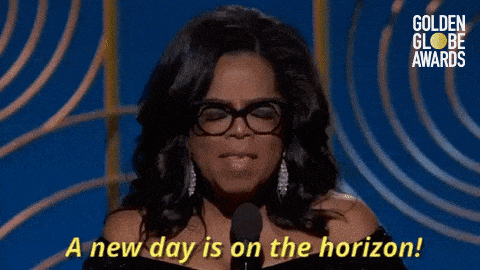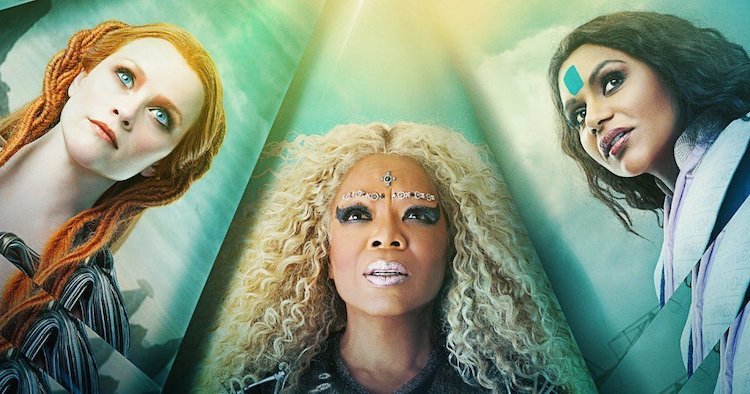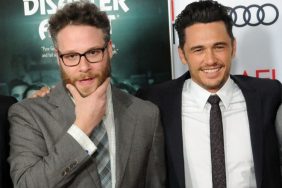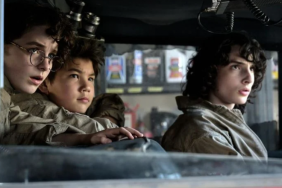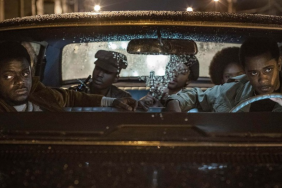Photo: Walt Disney Studios Motion Pictures
With the recent release of A Wrinkle in Time, starring a female-friendly cast of Oprah, Reese Witherspoon and Mindy Kaling (and, of course, Chris Pine) and directed by a female activist, Aya DuVernay, Hollywood has once again given women, specifically women of color, more of the well-deserved limelight.
Pine also aligned himself amongst a female-heavy cast in Wonder Woman, this time alongside Zach Galifianakis, as women are once again elevated amidst a mind-blowing #MeToo movement, ignited by Hollywood and compelled by strong speeches like Oprah at The Golden Globes. With the Oscars behind us, this feels like a fresh start in which women and people of race can be celebrated, much like they were in Black Panther, as the entertainment industry is given the reigns to lead the charge.
So what’s next, if we want to continue to see progress in entertainment (since we’re clearly not getting it in politics)? Have a look and see.
Working more women into leading roles, superhero or otherwise.
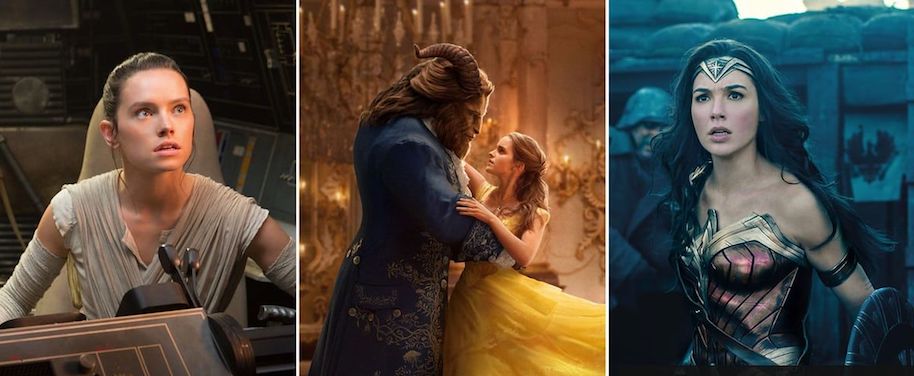
Photo: Walt Disney/Warner Bros.
Women were at the helm of the highest grossing movies of 2017. Now in 2018, we have a strong female ensemble behind T’Challa’s Black Panther, one of the fastest grossing movies in history and now a female-leading cast with a female director behind a classic book adaptation. Does anyone see a trend here? And don’t say Chris Pine. We know all about Chris Pine.
Making more movies with female directors.

Aya DuVernay is just one of many capable women who are starting to get what they deserve. A writer, director and activist, amongst other things, DuVernay isn’t afraid to take what’s hers. But she’s also not afraid to give back. As California native, she helped set up a pop-up theater in Compton for people who couldn’t afford to see A Wrinkle in Time with their families.
Avoiding stereotypes to rework an outdated system.
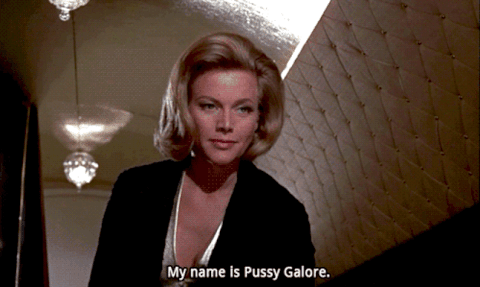
A major problem with reworking the system or cleaning off the slate is leaving stereotypes in the past, both of gender and race. Black Panther did an excellent job celebrating the heritage of black people, empowering women and doing away with stereotypes given to us by movies of the past. We won’t name names (Friday, Next Friday, Friday After Next). If we keep this up moving forward, we might have some semblance of peace and equality in 20 years.
Rebooting classics that lack diversity (especially Disney).
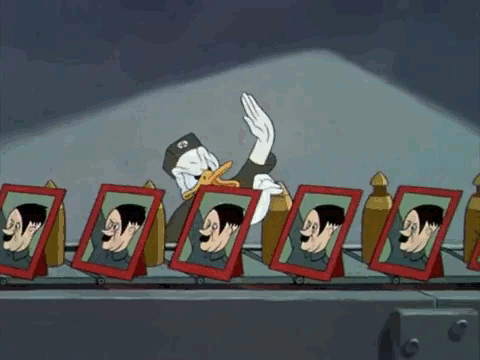
Racism starts at the beginning. If we teach kids about diversity and equality between races and genders, things will probably go a lot smoother as they grow up. Maybe show them that boys and girls use the same toilet.
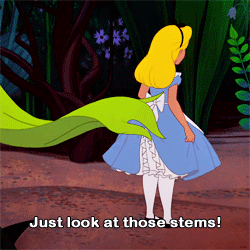
Getting it out of cartoons and other children-based learning is a start, then we have to do away with all the elderly people who teach their grandkids how to keep America great. Kidding, but seriously, quit teaching your grandkids that color is bad or that Hitler had a few good points.
Taking flops that had potential and revising them with a female energy.
How many times have you seen a movie that didn’t quite live up to your hopes or expectations? Maybe with a little reimagining and diversity, we could see some flops remade into once-again classics. Maybe the problem was trying to squeeze white men into the wrong roles or using a male director when we needed a female perspective.
Quit dragging out dying franchises.
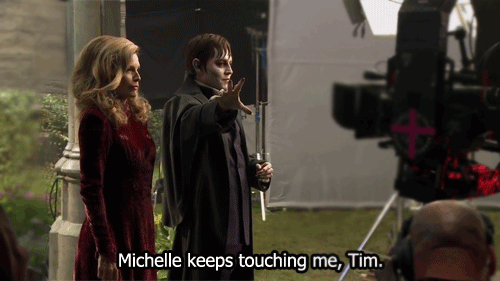
If you want to give people more, quit giving us the same bleeding cast with tweaks to the plots. Maybe it’s time to switch up the cast, freshen up the directors and make some original. How many times do Tim Burton and Johnny Depp have to fail at remaking something to realize the ingredients are awful.
Empowering stories by women-centric production companies.
Production companies, like Hello Sunshine, that want to tell more important women’s stories, told by female directors and starring leading ladies is what’s going to enrich us in both the arts and real life. If it fails, then you can say we all tried it “their” way, but something tells us it’s going to make us feel silly we didn’t try this sooner.
More Oprah.
